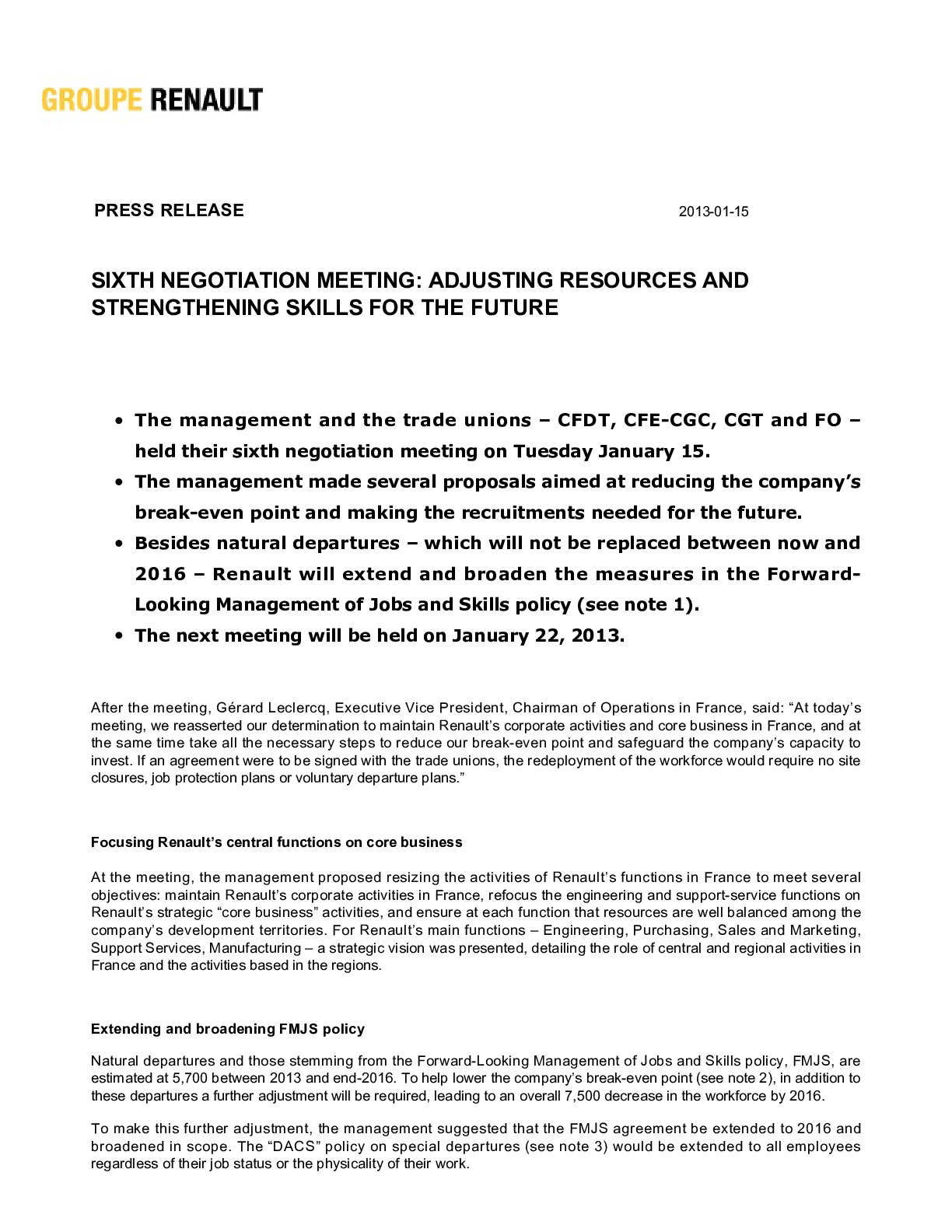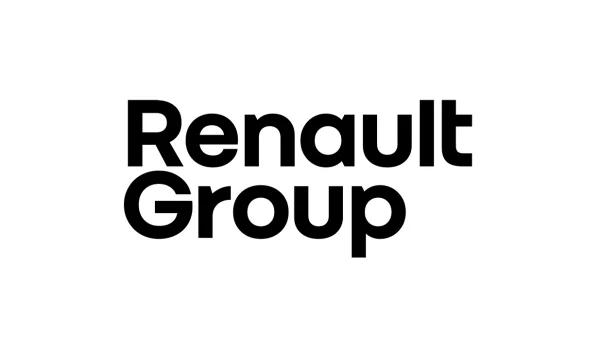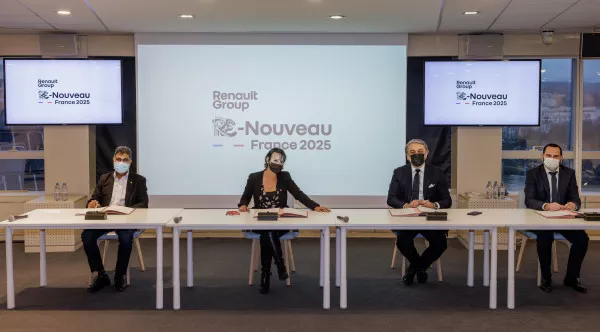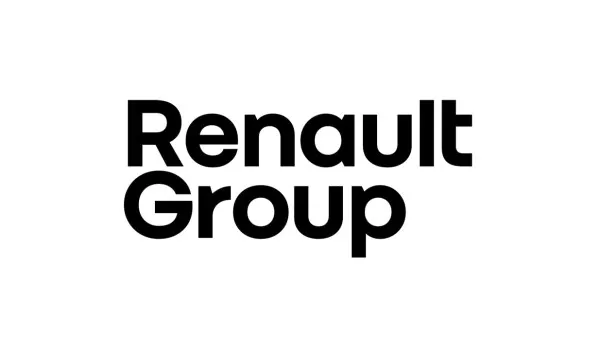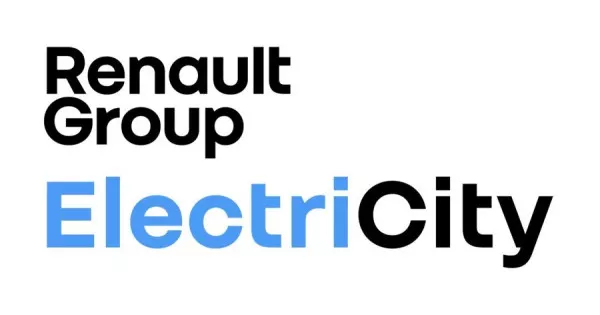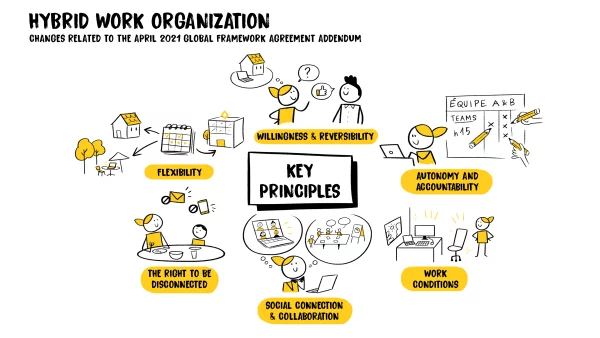Sixth negotiation meeting: adjusting resources and strengthening skills for the future
15 January 2013 16:25
After the meeting, Gérard Leclercq, Executive Vice President, Chairman of Operations in France, said: “At today’s meeting, we reasserted our determination to maintain Renault’s corporate activities and core business in France, and at the same time take all the necessary steps to reduce our break-even point and safeguard the company’s capacity to invest. If an agreement were to be signed with the trade unions, the redeployment of the workforce would require no site closures, job protection plans or voluntary departure plans.”
Focusing Renault’s central functions on core business
At the meeting, the management proposed resizing the activities of Renault’s functions in France to meet several objectives: maintain Renault’s corporate activities in France, refocus the engineering and support-service functions on Renault’s strategic “core business” activities, and ensure at each function that resources are well balanced among the company’s development territories. For Renault’s main functions – Engineering, Purchasing, Sales and Marketing, Support Services, Manufacturing – a strategic vision was presented, detailing the role of central and regional activities in France and the activities based in the regions.
Extending and broadening FMJS policy
Natural departures and those stemming from the Forward-Looking Management of Jobs and Skills policy, FMJS, are estimated at 5,700 between 2013 and end-2016. To help lower the company’s break-even point (see note 2), in addition to these departures a further adjustment will be required, leading to an overall 7,500 decrease in the workforce by 2016.
To make this further adjustment, the management suggested that the FMJS agreement be extended to 2016 and broadened in scope. The “DACS” policy on special departures (see note 3) would be extended to all employees regardless of their job status or the physicality of their work.
If an agreement were signed, the introduction of these measures would allow the company to:
- meet workforce adjustment needs without closing sites or introducing a job protection plan or voluntary departure plan;
- make recruitments in critical skills areas.
The company would also provide support for employees from all functions, through professional training and retraining in line with the company’s skills needs.
For a robust and lasting base in France
In 2011 Renault’s break-even point was too close to the 2.72 million vehicles sold, which posed a risk for the company. Given the market variations in the past few years and continuing uncertainties over the short term in Europe, Renault considers it necessary to lower its break-even point to 12% below the level of sales in 2011. The proposed workforce reduction objective for the 2013-2016 period would contribute to a savings in fixed costs of roughly €400 million. The adjustment would play a decisive part in the effort to reduce the break-even point, enabling Renault to regain the room for maneuver it needs to invest and develop its activities, by developing and renewing the range, sharpening the competitive edge of its national base, and achieving a level of manufacturing and economic performance sufficient to obtain additional activity at the plants.
Between now and 2016, with the prospect of a gradual recovery in the European market, the implementation of such an agreement would allow Renault production in France to rise more strongly than that in the European market.
The next meeting will be held on January 22.
ANNEXES: ADDITIONAL INFORMATION
(1) The Forward-Looking Management of Jobs and Skills (FMJS) policy is a long-term approach aimed at developing staff employability and preparing for workforce and skills needs to support Group strategy. The policy was implemented in France through an agreement signed on February 4, 2011 by four trade unions, CFDT, CFE-CGC, CFTC and FO.
The FMJS agreement sets our several measures for staff:
- intra- and extra-Group mobility (sabbatical leave, business-creation leave, labor loans to other metallurgy companies, transfers by mutual agreement, etc.)
- end-of-career planning (DACS: see below)
- professional retraining through targeted courses
(2) The break-even point is the point at which a company’s expenses and revenue are equal. In the automotive industry, the break-even point is expressed in the number of vehicles produced annually corresponding to the revenue needed to cover all expenses. At break-even, the company neither makes nor loses money.
(3) DACS (in French, short for activity exemption for specific careers) is a system for supporting employees at the end of their careers. Suspended contracts are paid at 75% of salary for employees able to take their retirement in the following three years. DACS is currently open to production workers, technical and supervisory staff, and volunteers aged 58 and over who have worked 15 years on irregular hours and have a permanent partial incapacity of at least 10% (following an occupational accident, commuting accident or professional illness).
Sur le même sujet


